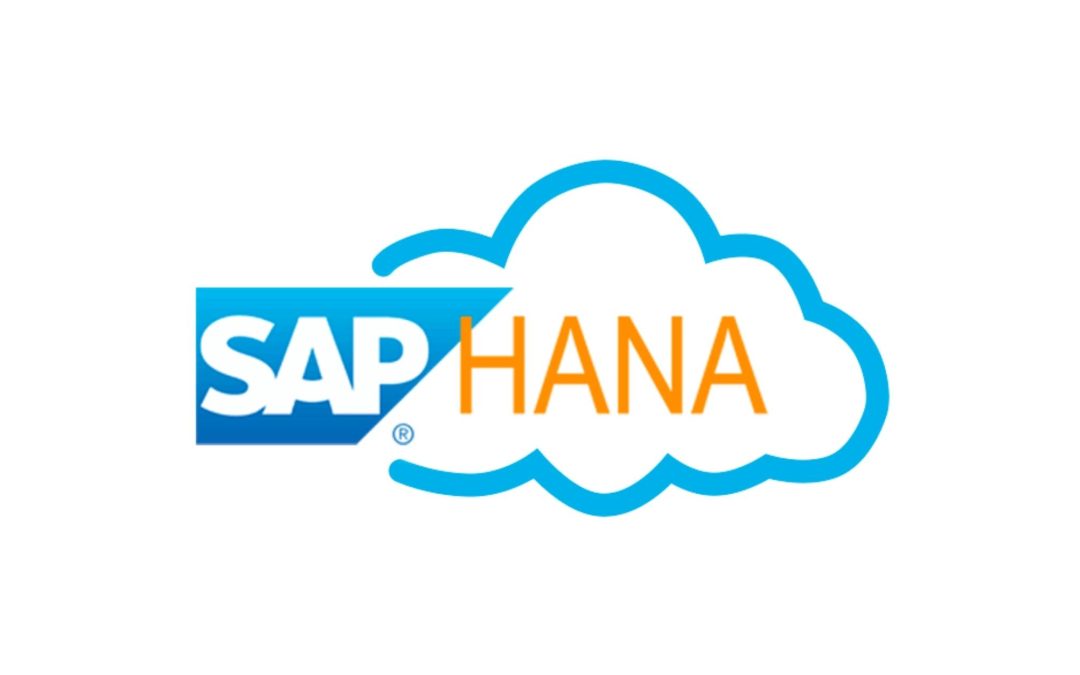
Steps to Activate Electronic Bank Reconciliation Statement – MT940 Format – Part I
Hi,
SAP have the features of Electronic Bank Reconciliation Statement (EBRS) process where you can directly upload the Bank Statement in a format called MT940.
In this process SAP will upload statement automatically & at the same time will do sub-ledger posting & clearing.
So here in this blog we can see the basic steps to configure the EBRS for MT940 Format.
Path for configuration EBRS is go to SPRO-IMG
- Financial Accounting–Bank Accounting–Business Transactions–Payment Transactions–Electronic Bank Statement–Make Global Settings for Electronic Bank Statement (T Code – OT83)
- Give your Chart of Accounts
Read more:- A Sap Consultant Guide 2022 : Career, Salary, Jobs, Scope, Skills
You will get below screen to process :

OT83
1) Create Account Symbol for Transaction
- here specify the nature of Transactions happened in the Bank
- Generally you need to create new entries for 4 Common Transactions in the Bank & 1 entry for Main Bank as below,

2) Assign GL Accounts to the Accounts Symbol
- Create new entry’s for GL Account assignment to Accounts symbol
- For Bank Charges (EBCG) & Interest Account (EBIN) give GL Account Code as mostly it may account in respective GL only.
- For Cheque Deposited (EBCD) & Cheque Issued (EBCI) give +++++++++1 for IN Bank Account & +++++++++2 for OUT Bank Account in case of multiple bank accounts.(If you have IN Bank Account GL Code last digit is 1 & OUT Bank Account GL Code last digit is 2)

3) Create Key for Posting Rule
- This is required for automatic Posting of entry’s while reconciliation as per the nature of transaction Deposited, Cheque Issued, Bank Charges, Bank Interest.

4) Define Posting Rule for Posting key

Define Posting Rule
- Please understand this as per below illustration of accounting entries.

5) Create Transaction type
- Required to create Transaction types for EBRS
e.g. here we have created EB1 for the organisation
- There are also some Standard Transaction types are available.

6) Assign External Transaction Type to posting Rule
- External Transactions Types are those which is mentioned in the bank statement for each & every transaction.
- i.e. NCHK, NTRF, NSTO, NCHG, etc. as bank mentioned their MT940 bank statement format as below

- This Transaction types require to assign to the posting rule which we have created in point No.3 as below with Debit/Credit indicator & Algorithm

- If you are maintaining cheque Number in Assignment than use Algorithm 15 against transaction type of cheque. with this system will clear the entry’s by matching the cheque number from the statement.
- Other cases you can give simple logic as No Interpretation.i.e.system will clear based on the amount.
- Sign + means incoming entry’s & Sign – means outgoing entry’s
7) Assign Bank Accounts to Transaction Types
- Here you require to give Bank Key, Bank Account Number of all the banks where you want to activate this process & give Transaction Type against all the bank (i.e. EB01) which created as per point no.5

So in conclusion basically once you complete the above 7 Steps in SPRO than you can start using the functionality of electronic bank reconciliation in MT940 Format as it saves a lot of time & is error free compare to uploading manual bank statement which is time consuming & prone to clerical errors.
In my next blog i will cover some other features & the transactions related steps.
I really hope this will be helpful to you.
Please give your feedback/suggestion if any.
Thanks & Regards,
Vicky Gandhi
SAP FI & CO Consultant
